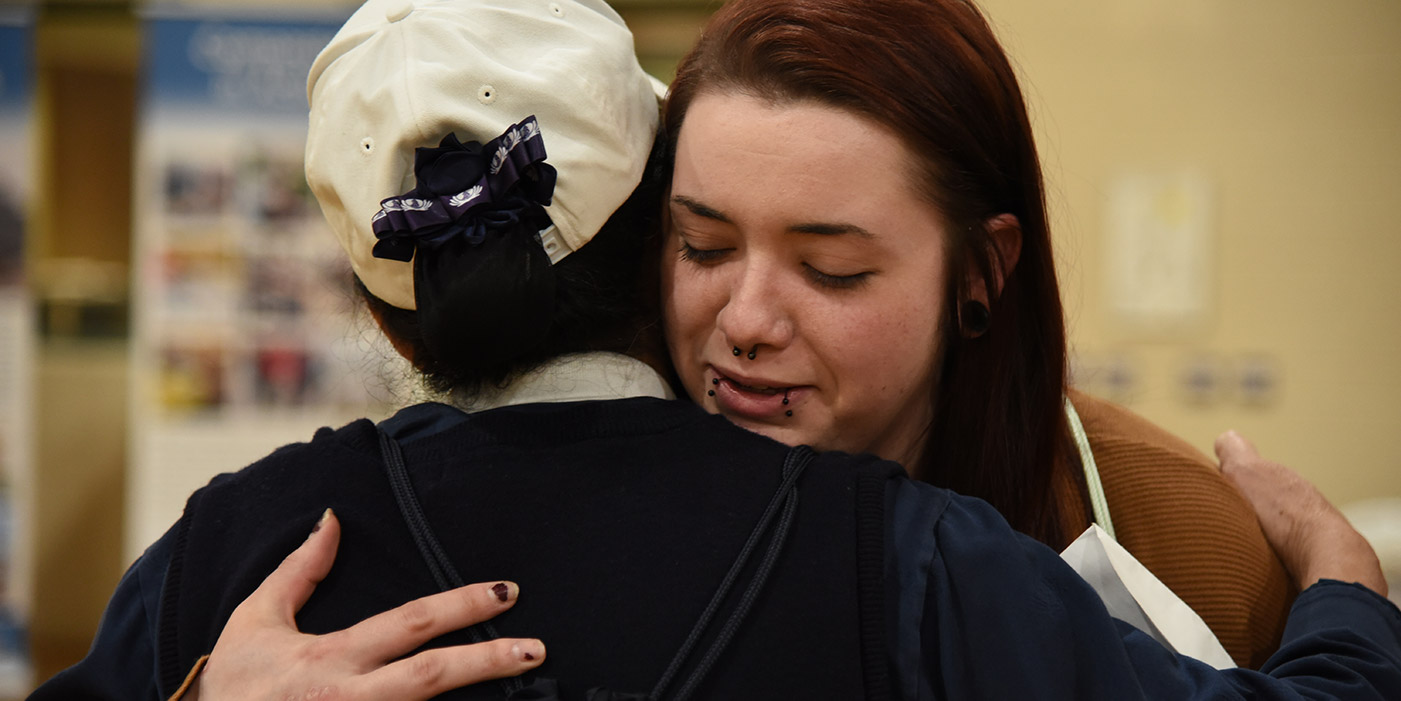Over the course of volunteer training, we teach the Four Demeanors of walking, standing, sitting, and lying down, as well as other rules for how we conduct ourselves within this organization. We teach them to everyone, and everyone learns them.
Teaching is about passing down the Dharma, and learning is about cultivating oneself. Therefore, when someone teaches the Dharma, we must absorb it and implement it in daily living. This is what it means to take the Dharma to heart.
When we practice the Dharma in our lives, we are doing what I always talk about; we “integrate the Buddha Dharma in daily life and become Living Bodhisattvas in this world.”
Learning the Buddha Dharma is learning how to be a Living Bodhisattva. Bodhisattvas not only help others, they also help themselves.
In order to help ourselves, we need to have the Buddha Dharma and discipline in our lives. We must not only practice this individually; we also need to apply this to our family life.
Instead of praying to bodhisattvas for blessings, we should become bodhisattvas ourselves. Instead of seeking inspiration from outside sources, we should find inspiration within ourselves.
Buddha nature is intrinsic to us all. In order to return to our intrinsic buddha nature, we need to walk the Bodhisattva Path. Before we walk the Bodhisattva Path, we need to first cultivate our character as a human being.
I hope everyone will take the Dharma to heart. We can attain buddhahood only when we have perfected our character. We need to be a good person and pave a good path in our lives. When we pave this path smoothly, it will lead us to Bodhi.

